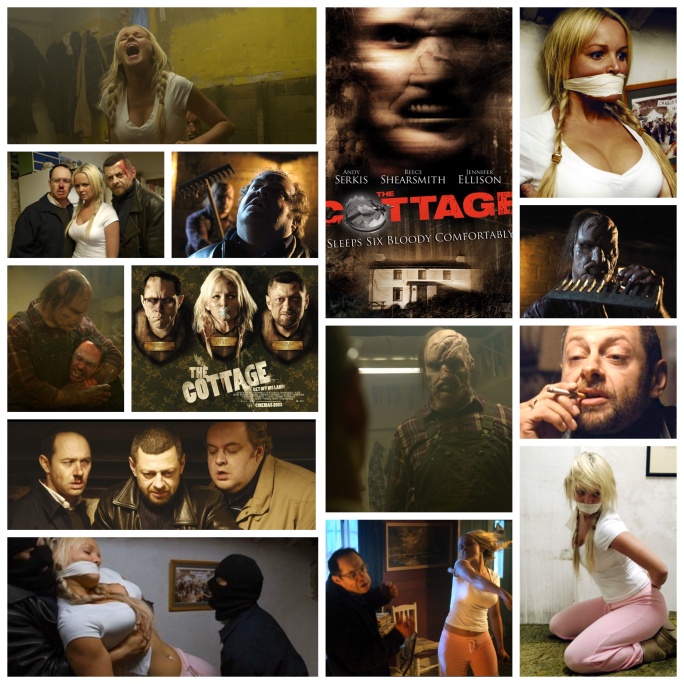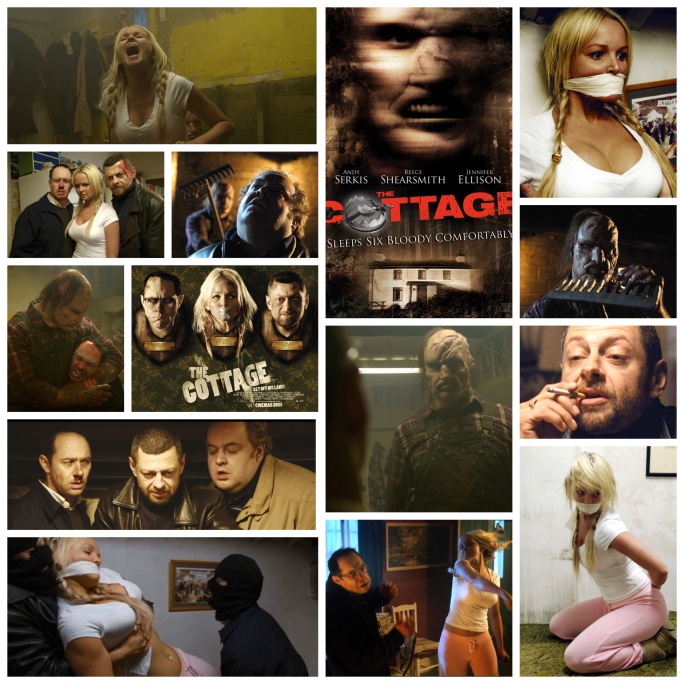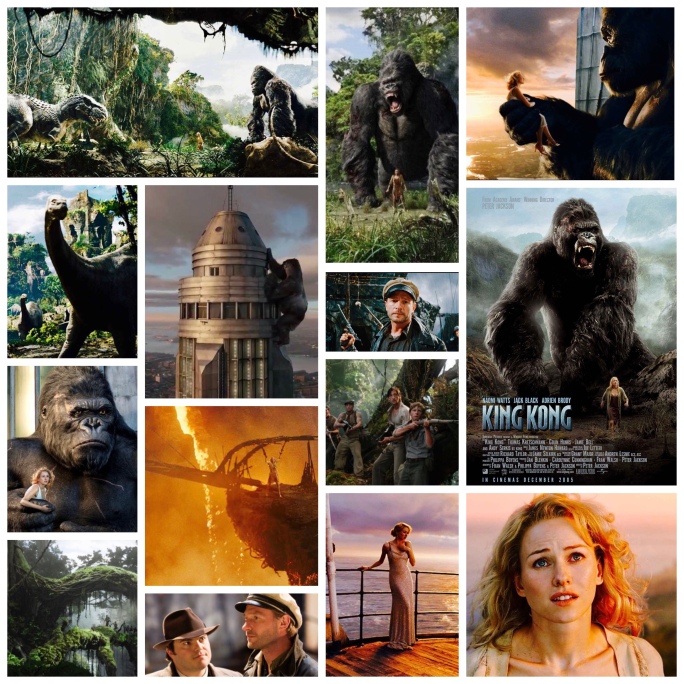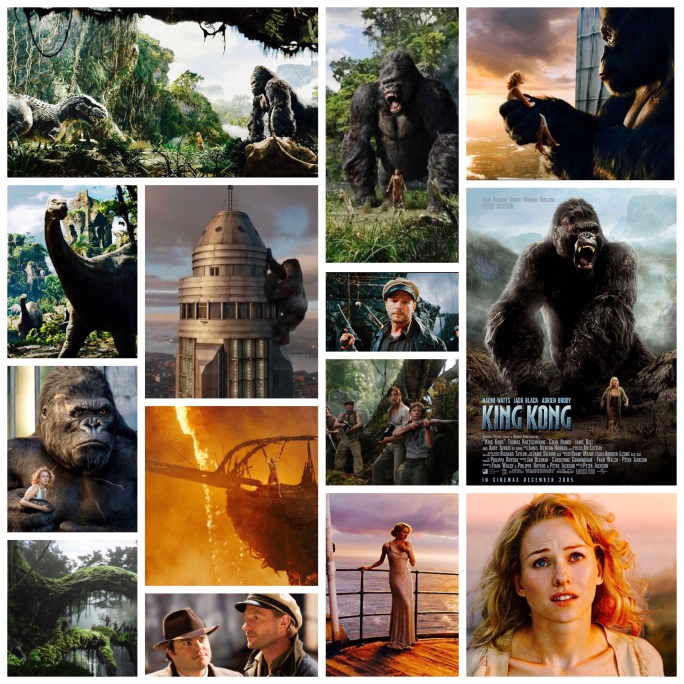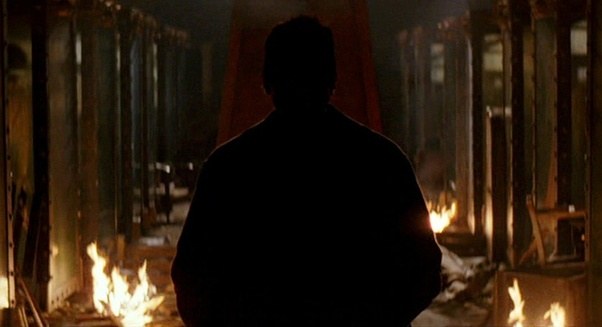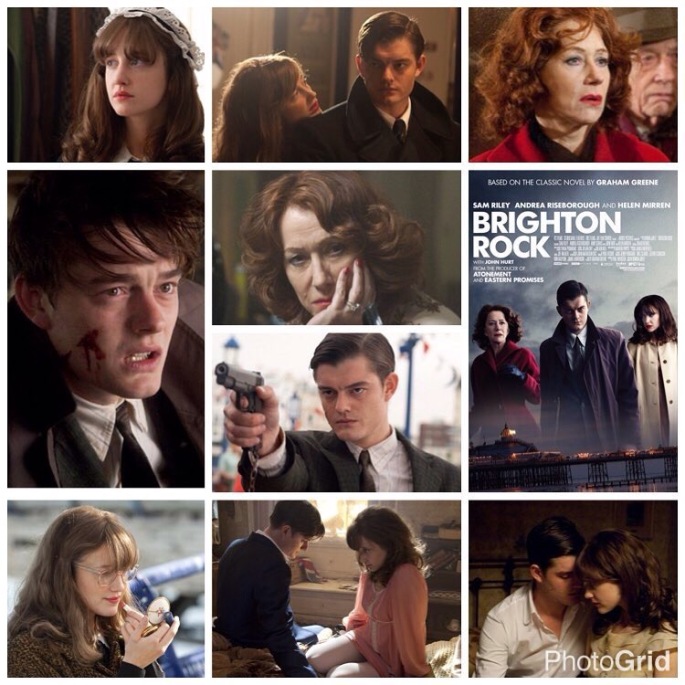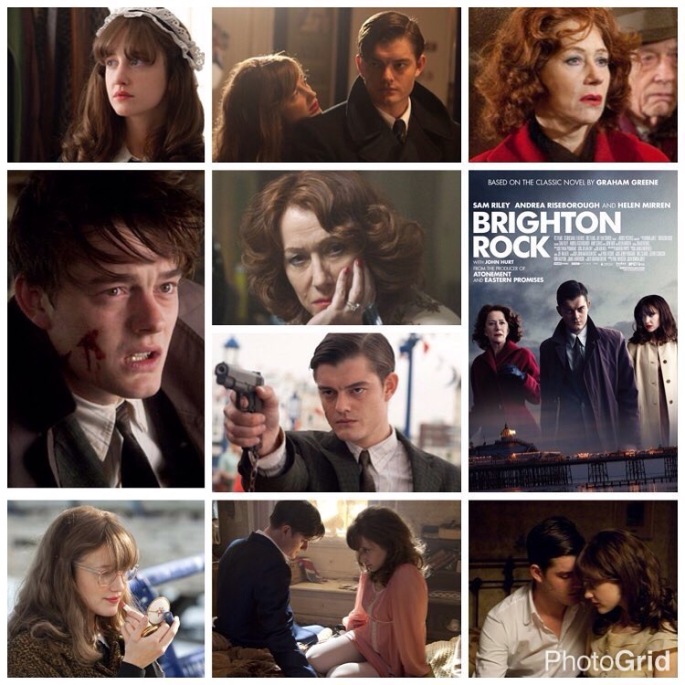“Every great magic trick consists of three parts or acts. The first part is called “The Pledge”. The magician shows you something ordinary: a deck of cards, a bird or a man. He shows you this object. Perhaps he asks you to inspect it to see if it is indeed real, unaltered, normal. But of course… it probably isn’t. The second act is called “The Turn”. The magician takes the ordinary something and makes it do something extraordinary. Now you’re looking for the secret… but you won’t find it, because of course you’re not really looking. You don’t really want to know. You want to be fooled. But you wouldn’t clap yet. Because making something disappear isn’t enough; you have to bring it back. That’s why every magic trick has a third act, the hardest part, the part we call “The Prestige”.”
– Cutter (Sir Michael Caine); The Prestige, 2006
I’ve always been enamored by magic since I was a young boy. I don’t know how to perform any tricks and haven’t read dozens of magic books, but I’ve seen enough magic performed to validate my love for it. I’ve always enjoyed trying to decipher how a trick is pulled off. Sometimes I’m right, sometime I’m wrong. That’s the name of the game. In the case of The Prestige, Christopher Nolan’s 2006 masterpiece, I’ve spent the last couple years on and off deciphering the movie as best I can. A part of me doesn’t mind the ambiguity, and doesn’t need to solve the puzzle. The other half just had to solve it. I believe I have the movie figured out better than most, but whether or not I finished the puzzle isn’t the point of the movie. The point is entertainment, and I think The Prestige is amongst the finest entertainment you’ll find in cinema.
Apprentice magicians Robert Angier (Hugh Jackman) and Alfred Borden (Christian Bale) work under Milton The Magician (Ricky Jay), frequently acting as fake volunteers for Milton in 1890’s Victorian London. Julia (Piper Perabo), Robert’s wife and an escape artist, drowns while trying to escape from a water tank with her hands bound when Alfred ties the necessary slipknot too tightly. She’s gone before stage engineer (or “ingenieur”) John Cutter (Sir Michael Caine) can break the glass with an ax. This tragic event sets into motion a bitter and violent years long rivalry, each man trying to one-up or sabotage the other.
During this time, Borden marries Sarah (Rebecca Hall), and together they have a child, their daughter Jess, while Angier launches his own magic career with Cutter and new assistant Olivia Wenscombe (Scarlet Johansson), and Borden perfects a new trick dubbed The Transported Man. The trick bewilders Angier, but Cutter is unimpressed, suggesting Borden uses a double to complete the trick. Angier finds that solution too obvious, and becomes obsessed with finding the answer at seemingly any cost. Through a series of unfortunate events, both Borden and Angier find themselves in possession of the other’s personal journals that hold the ins and outs of how each trick is performed. Borden’s journal leads Angier to Nikola Tesla and his assistant Mr. Alley (the late David Bowie, and Andy Serkis, respectively), in the hopes they hold the key to replicating Borden’s trick.
The Prestige reminds me of a Jenga tower. Remove the wrong piece and the entire thing comes crashing down, remove the right piece and it stands tall for a while longer. At any moment the film could derail if all the plot threads weren’t tied up nearly with a bow, and yet for me it never does derail. Remove the script from your mind for a moment. Are the performances great? At least 3 are Oscar worthy. And the cinematography, score, set design, and costuming, how are they? Immaculate as one might expect from Nolan and his trusted team. And the script, what do you think of it? Delightfully complex, thought provoking, and fresh. For me, there aren’t any cracks in the glass.
About that ending. The film gives you clues as to how the lives of both men will turn out. One is willing to kill a bird and present a new one to the audience in its place, the other willing to save the bird and re-present it to the audience. Bearing that in mind, the possibility exists that one of the two men acquired a machine capable of successfully duplicating a person, much like a pile of hats and black cats (“They’re all your hat.”). The first duplicate is killed, then every night for 100 nights straight, the man performs the “Real Transported Man”, constantly duplicating himself and either he or one of his duplicates winding up in a tank of water below the stage they perform upon. Perhaps the true prestige is that the other man pulled his trick off using a twin brother, while the other sacrificed his life and the lives of duplicates for the look on people’s faces when they witness his great trick.
Perhaps the solution is simpler, and the machine never worked to begin with, and Tesla was just a distraction from the real trick, the use of a double. And perhaps when that man found out he’d been tricked, he chose to use a double from prior engagements, a drunkard stage actor, to help pull off his great illusion, and no one ever drowned until the night his rival came up on his stage. Maybe a trick lock was always used beforehand and replaced with a real one to setup the rival. Maybe the duplicates seen in a morgue or standing erecting in water tanks at films end are nothing more than wax figures. And maybe the revelation that his rival used a double all along makes his efforts seem fruitless in his final moments. Maybe the prestige of the film is that simple yet no one wants to accept it because of the simplicity, and certain science fiction infused elements like a machine capable of duplication are far too compelling and obvious a solution to be ignored.
Maybe we’re not meant to solve the mystery, just be driven mad by our own obsessions with it. Maybe we’re all Angiers.
